WAYWARD PINES. Science fiction series from the creators of Stranger Things
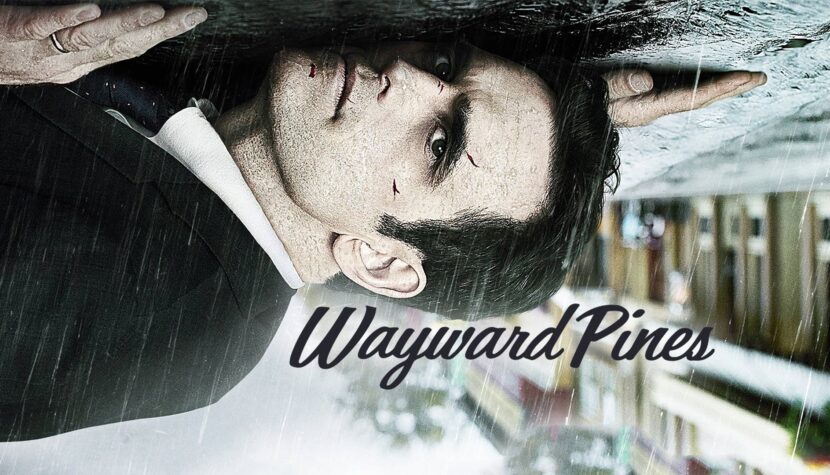
However, it’s worth remembering that before the world began following the adventures of the likable teenagers, they were intrigued by another TV storyline, for which the script was partially created by the well-known siblings. I’m referring to Wayward Pines. Importantly, the Duffer brothers collaborated on this series with none other than M. Night Shyamalan, who seems to be experiencing a creative resurgence. How did the fruit of this interesting collaboration turn out? Surprisingly well, although good ideas didn’t last long.
The storyline of the series is based on the book series by Blake Crouch, creating the Wayward Pines trilogy. The action takes place in a mysterious town located in Idaho. A car accident leads the main character, Secret Service agent Ethan Burke, to Wayward Pines. He conducts a private investigation, searching for clues about two missing colleagues. Burke realizes that he has been deprived of documents, a phone, and personal belongings in the hospital. Soon, he also notices that the town, where he landed, meets all the criteria of eccentricity. It appears as an idyllic place of universal happiness and prosperity. However, he looks behind the scenes and quickly discovers that these are just appearances. For some reason, the local population lives in constant fear of the magistrate’s regime…
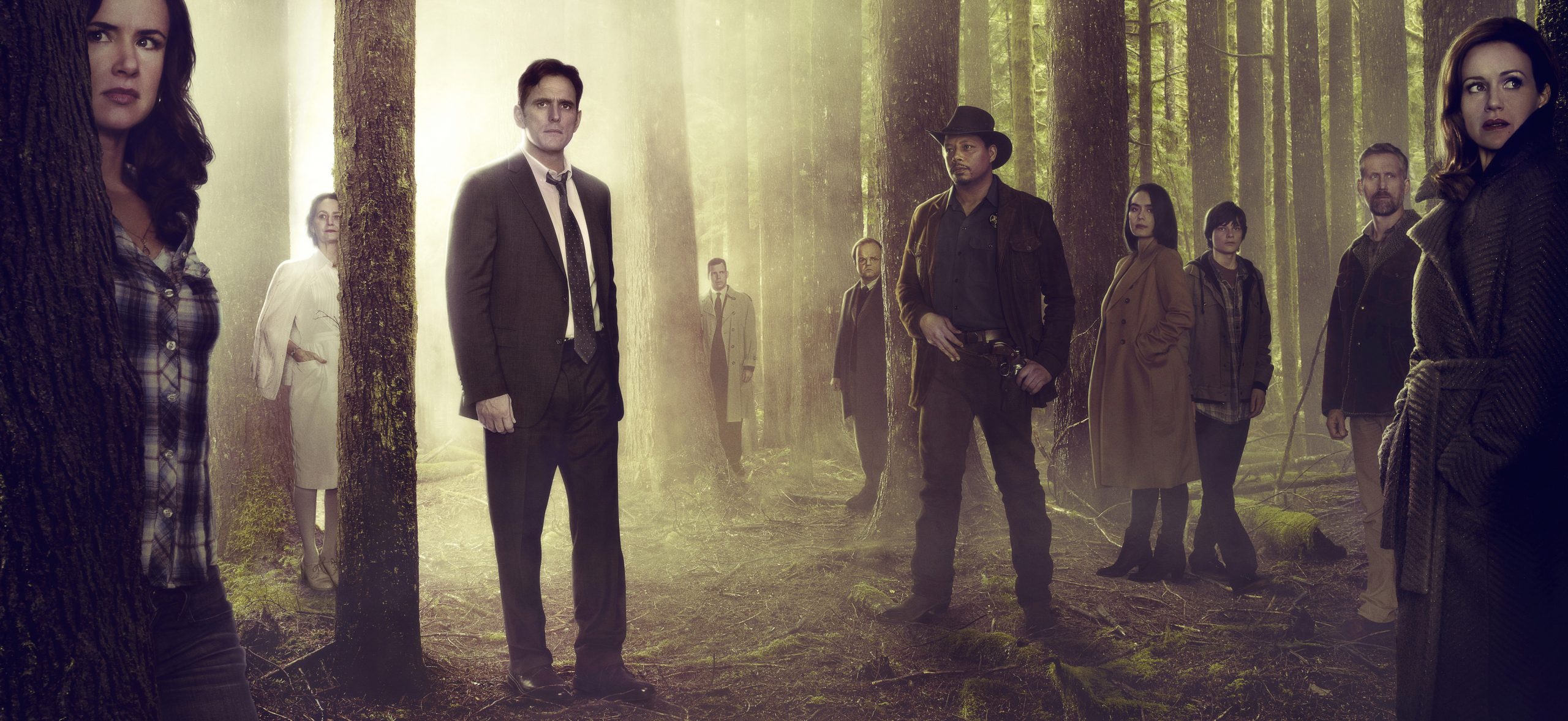
Wayward Pines is a classic example of a storyline that follows the best traditions of the mystery fiction genre. It is a type of crime story that places the protagonist in the face of a difficult-to-solve mystery, often involving supernatural phenomena. In the case of the Fox TV series, the protagonist is faced with the town itself, with a mysterious past influencing the present. It’s no wonder that M. Night Shyamalan was interested in the series’ script – mystery fiction is his favorite genre. Although initially, the creator of The Sixth Sense claimed that his produced series had little to do with the cult series Twin Peaks, he eventually admitted in an interview that there are indeed connections. Moreover, Crouch, the author of the books, has repeatedly emphasized that David Lynch’s series was a major source of inspiration for him. Do these comparisons have their justification? Yes, they do, but I wouldn’t exaggerate in this matter. Wayward Pines is a different type of mystery: its structure and tone are different. It reveals its inadequacies in imitating philosophical and unconventional messages that fascinated us in Kubrick’s 2001: A Space Odyssey.
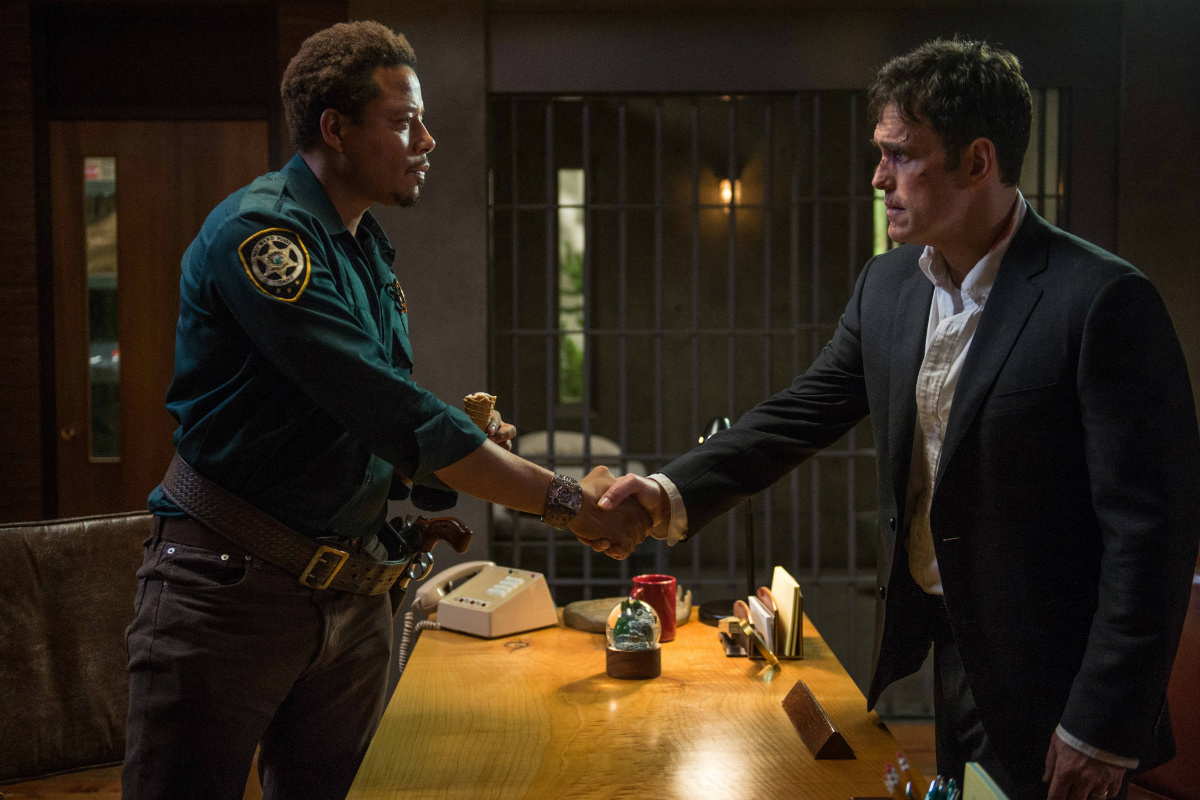
The greatest strength of Fox’s series is also its main drawback, which makes it possible to speak in superlatives only for the first season, more precisely its first half. I’m referring to the plot concept. It cannot be denied that the series is most enjoyable as long as the main mystery is kept in check by the screenwriters. This lasts, which may seem strange, until the fifth episode when we finally receive a surprisingly plot twist. Then the tension clearly drops, and it becomes much more difficult to empathize with the characters and their fate. It turns out that this has its reason. Revealing the main twist halfway through the season is because the first five episodes were based on the first book in the series. The next five episodes were based on the plots of the next two books. For this reason, we have the opportunity to witness some unexpected deaths in the first half of the season. But what is surprising in the series is the norm in the literary mode because it occurs at the end of the novel.
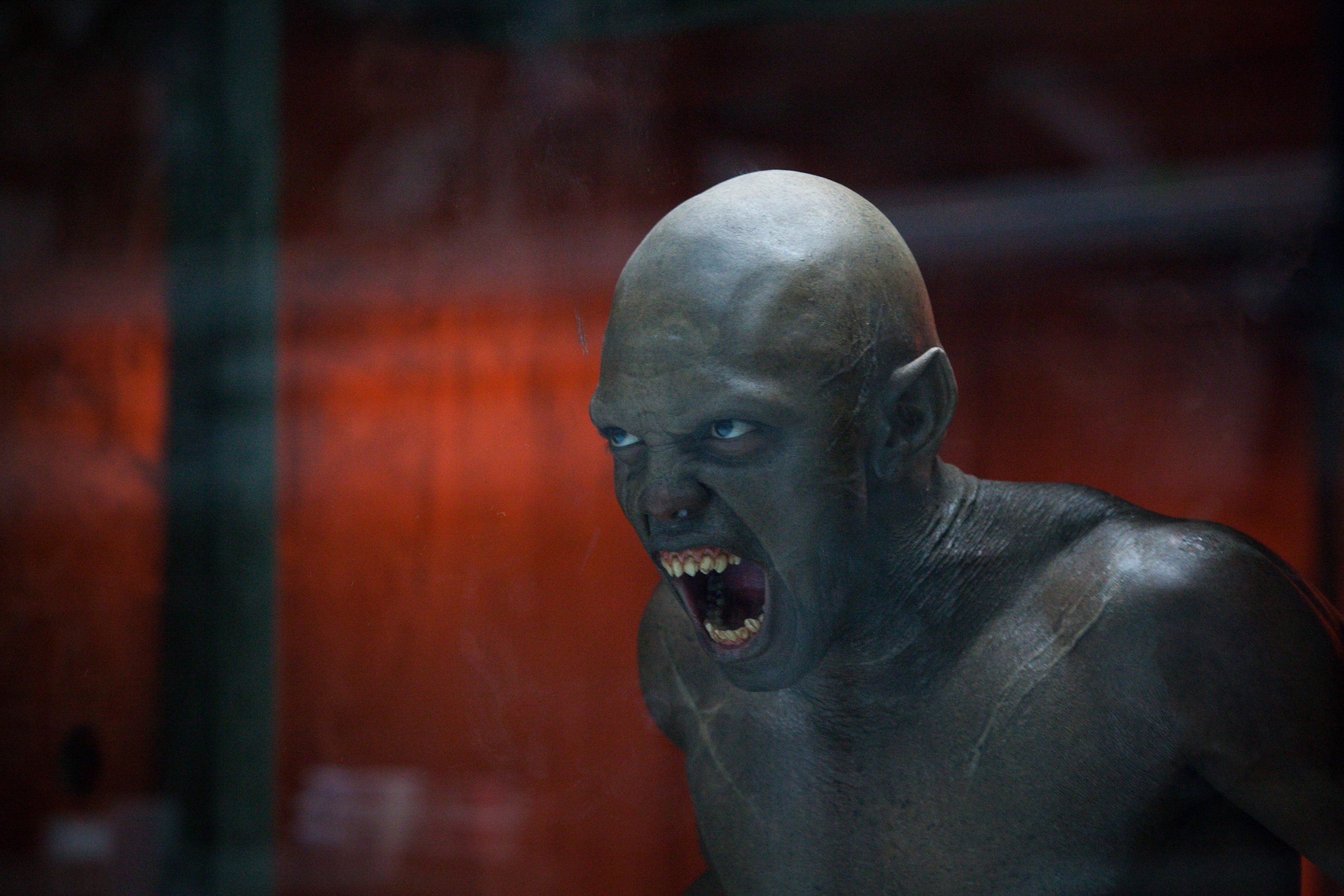
So, it can be felt too much that the first season of Wayward Pines is divided into two halves. The captivating one, slowly building tension and creating an atmosphere of mystery, and the less engaging one, lacking the element of surprise and showing the actions of the characters dealing with the situation. I think it would have been much better to shorten the first season to eight episodes and base it only on the first book in the series. Then there wouldn’t be a problem with what will be shown in the second season. Because it turned out that the continuation of the TV show was not planned at all. The broadcast of Wayward Pines was supposed to end after the first season (as the source material was used up), but unexpectedly, at the end of 2015, Fox ordered a second season, which premiered on May 25, 2016. Due to the plot resolutions and the end of the first season, the cast had to change. But that was the smallest problem. The biggest one lay in the plot, forcefully pushed forward. The audience wasn’t fooled by how thick the threads of the further fate of the residents of Wayward Pines were woven.
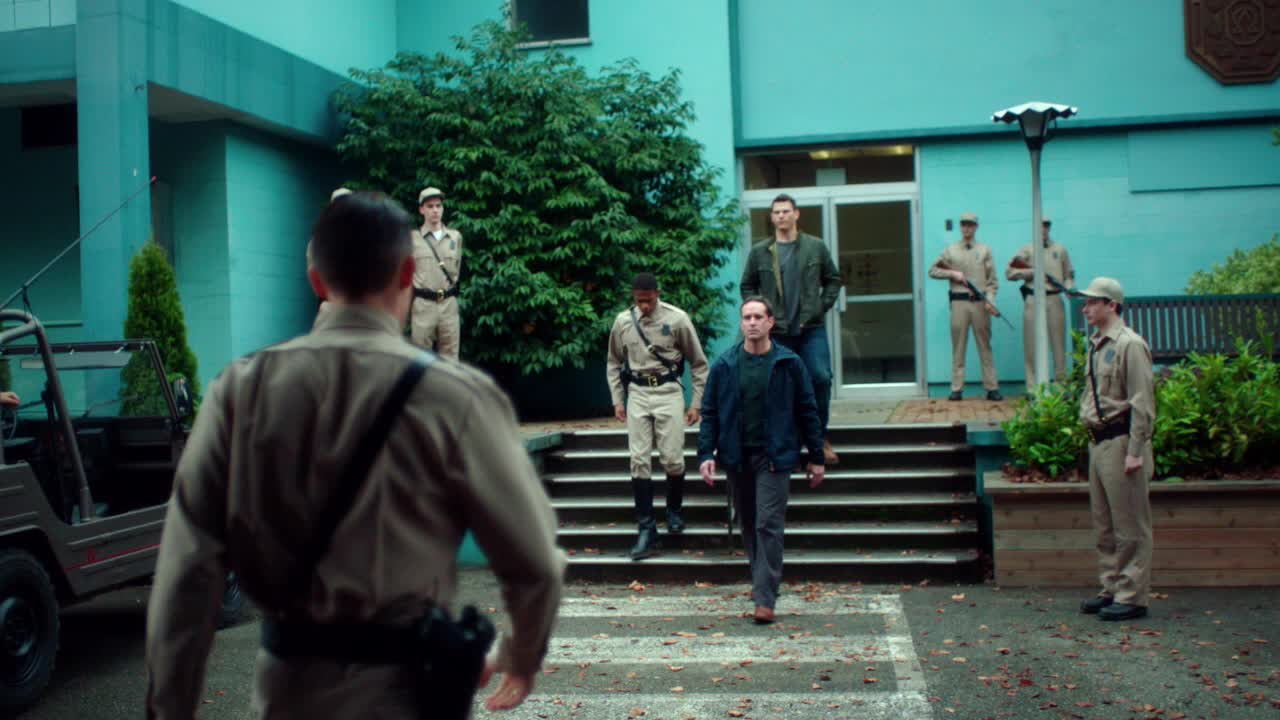
Returning for a moment to the first season – it should be emphasized that its production brought together many interesting names. Although this cannot be said about the showrunner, Chad Hodge, who is responsible for the series, and until now, he has been responsible for less popular series (The Runaway, Good Behavior), making the fate of Wayward Pines an opportunity for him to gain recognition in the industry. But the further down the payroll, the better. At the beginning, I mentioned the Duffer brothers, who wrote the script for exactly four episodes. It can be inferred that on this occasion, they paved the way for the genre of mystery fiction, leading to the creation of Stranger Things. I also mentioned that the influential M. Night Shyamalan left a clear mark on the project, directing the pilot episode. But let’s go further. Among the directors, two names caught my attention. To lead individual episodes, they brought in, among others, Nimród Antal (an extremely characteristic creator, known for Control, who not so long ago also gave us Predators) and James Foley (director of Glengarry Glen Ross and, above all, the director of episodes for Twin Peaks).
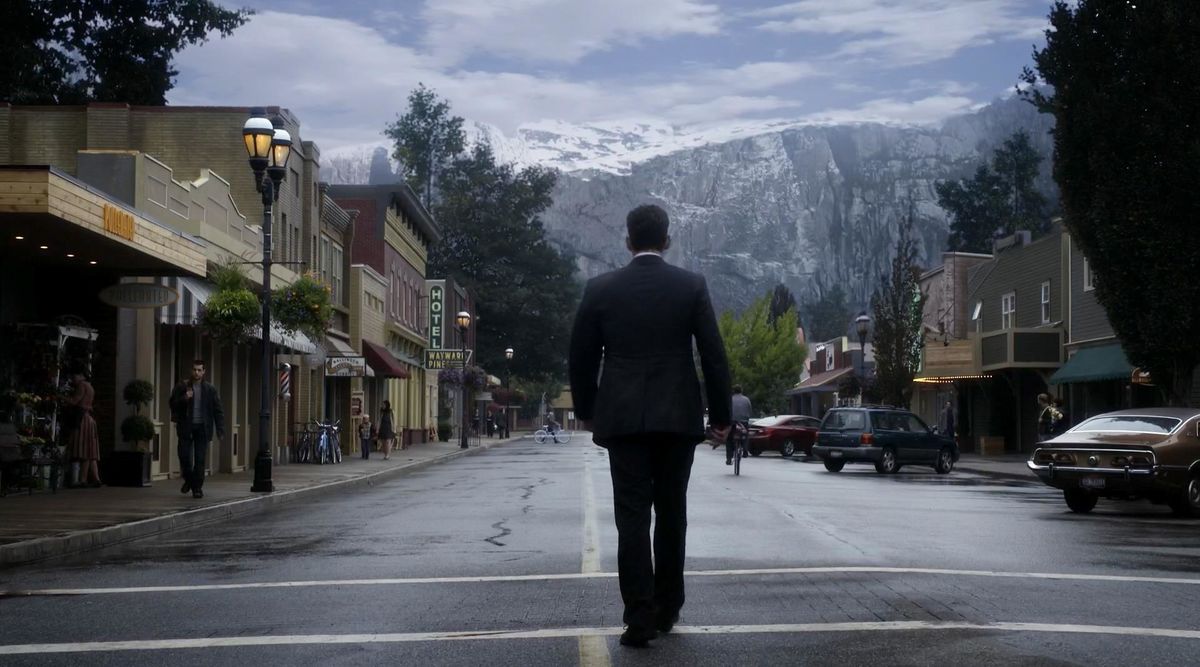
The series also features several well-known actors. Importantly, the cast looks good not only on paper but also in the roles presented. The main character was played by Matt Dillon, for whom it was the first leading role in his career. In supporting roles, Terrence Howard, Melissa Leo, Carla Gugino, and Toby Jones created extremely characteristic characters. Juliette Lewis also made an interesting guest appearance. In the second season, as I mentioned earlier, part of the cast was changed, but we can see Jason Patric and Djimon Hounsou, among others. The performances (of the first season) were noticed and appreciated – Matt Dillon, Melissa Leo, and Toby Jones were nominated for the Saturn Awards (a film award in the field of fantasy).
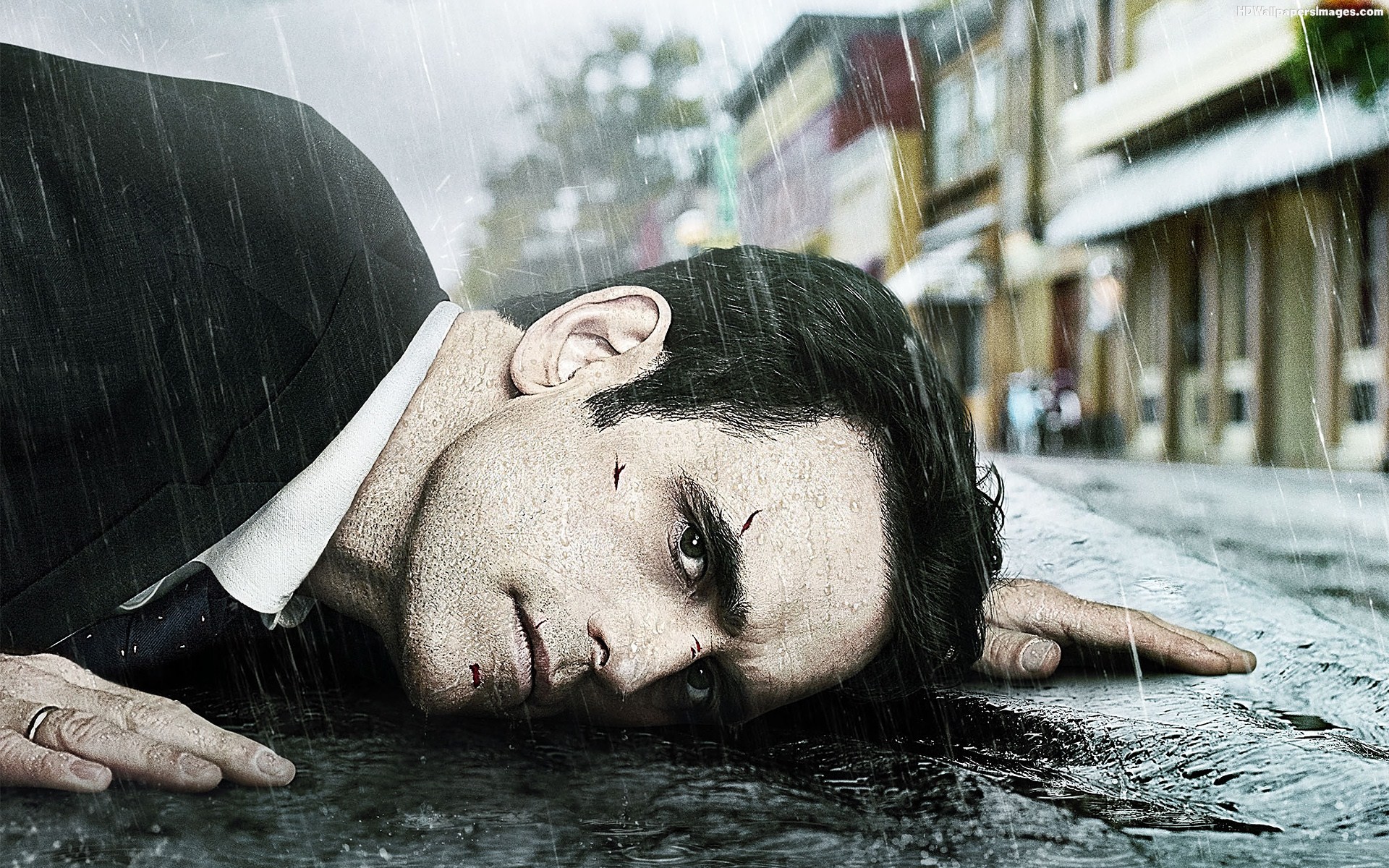
In summary, taking only a subjective perspective, the adventure with Wayward Pines was an intriguing experience. But only to a certain point. The main problem of the production is that it is clearly uneven. I have the impression that the source material could have been better managed. And this material contains many intriguing ideas and motifs – it is, in fact, a mine of references to the tradition of the mystery fiction and science fiction genres. Fans of crime mysteries within the framework of science fiction will undoubtedly appreciate the series – from this perspective, it looks fresh and has its charm. However, it cannot be denied that due to the less glorious continuation in the form of the second season and the misguided direction of the narrative, the production will likely be associated with the prism of wasted potential. It’s a shame.

